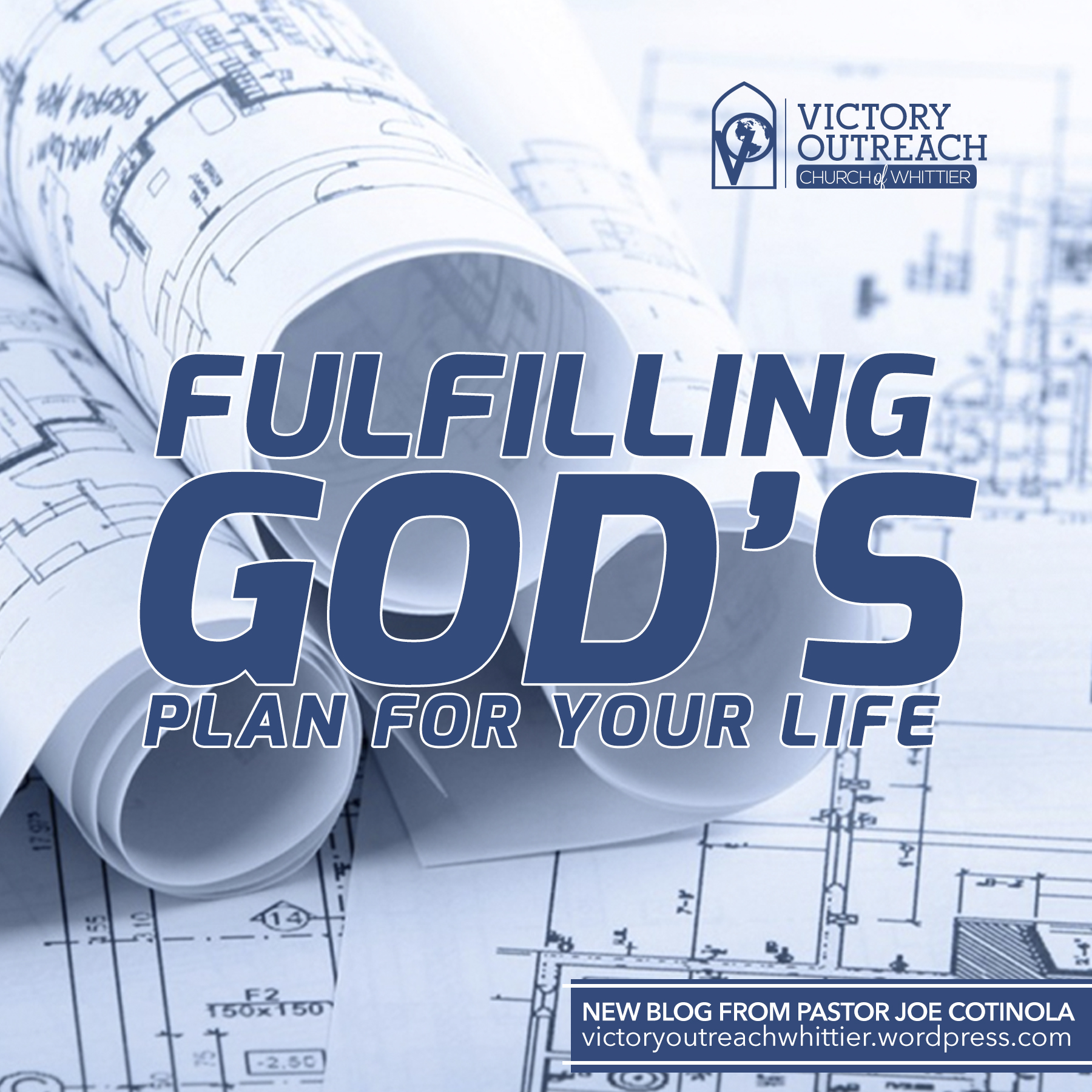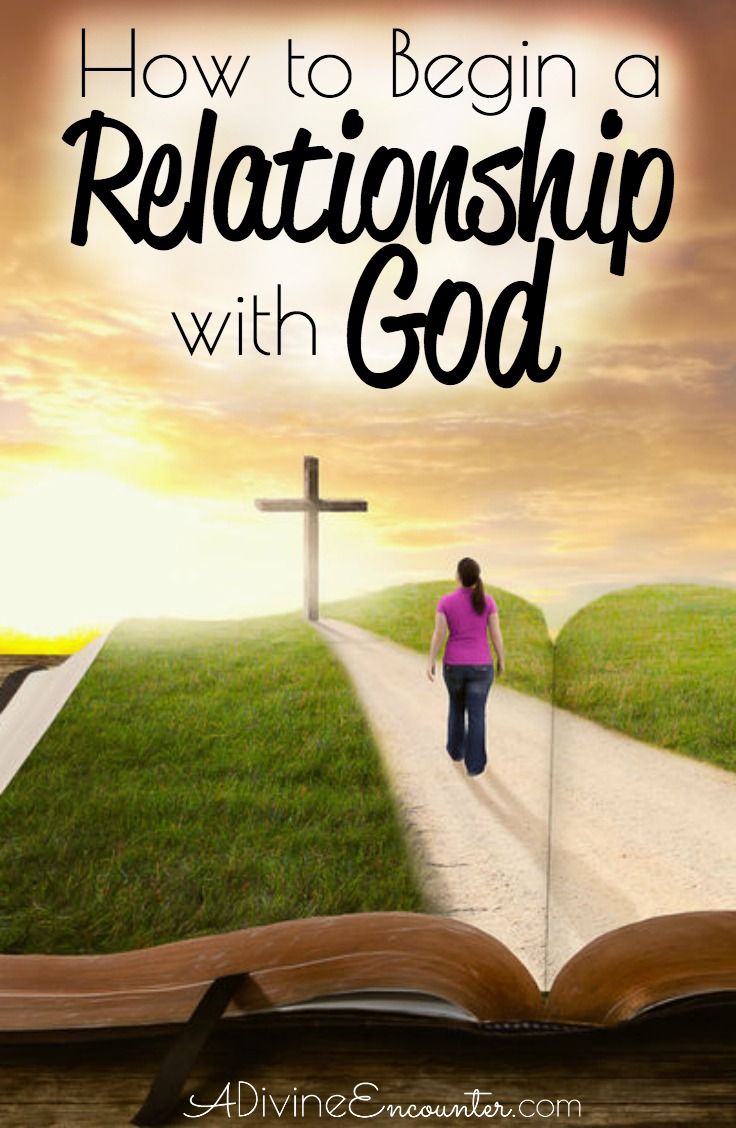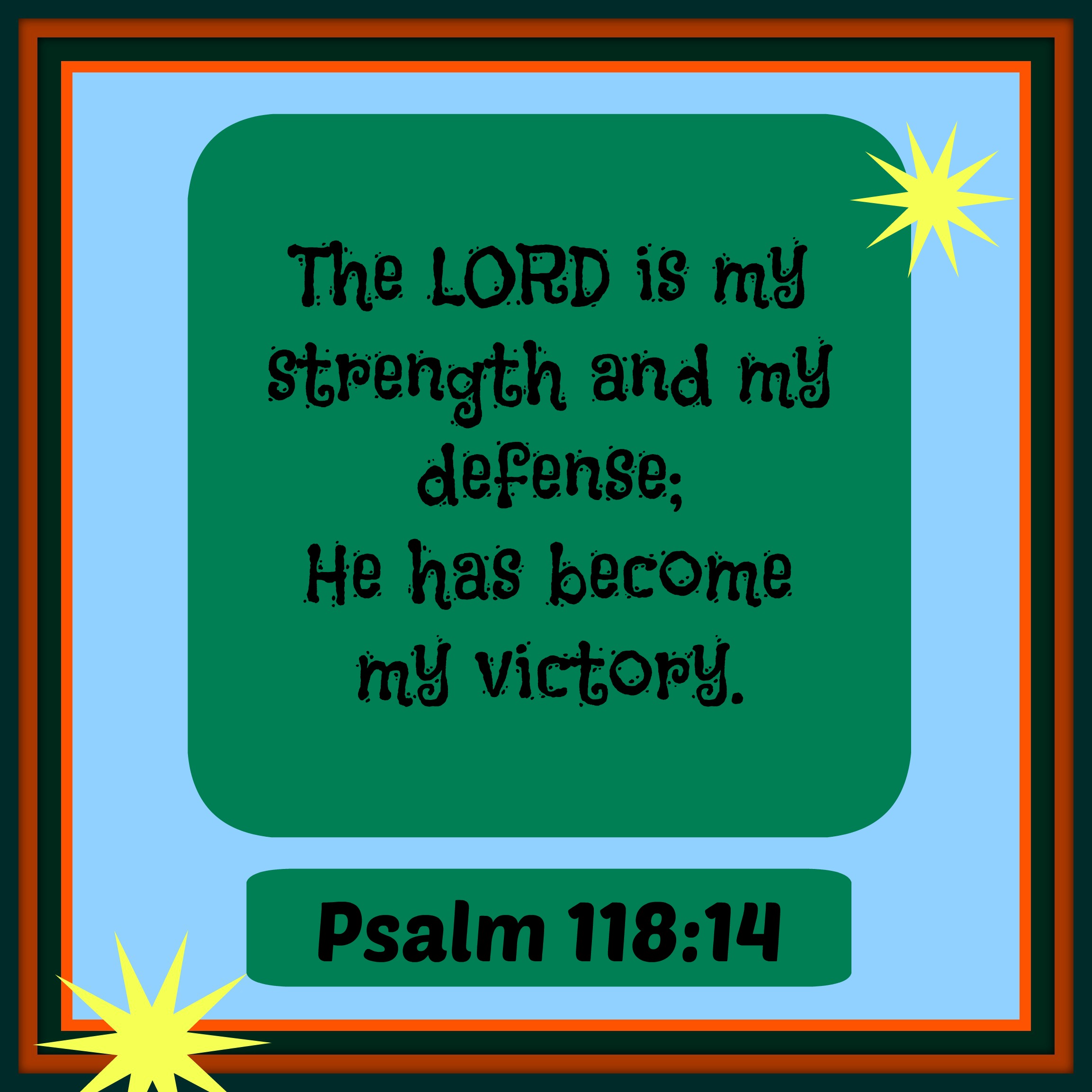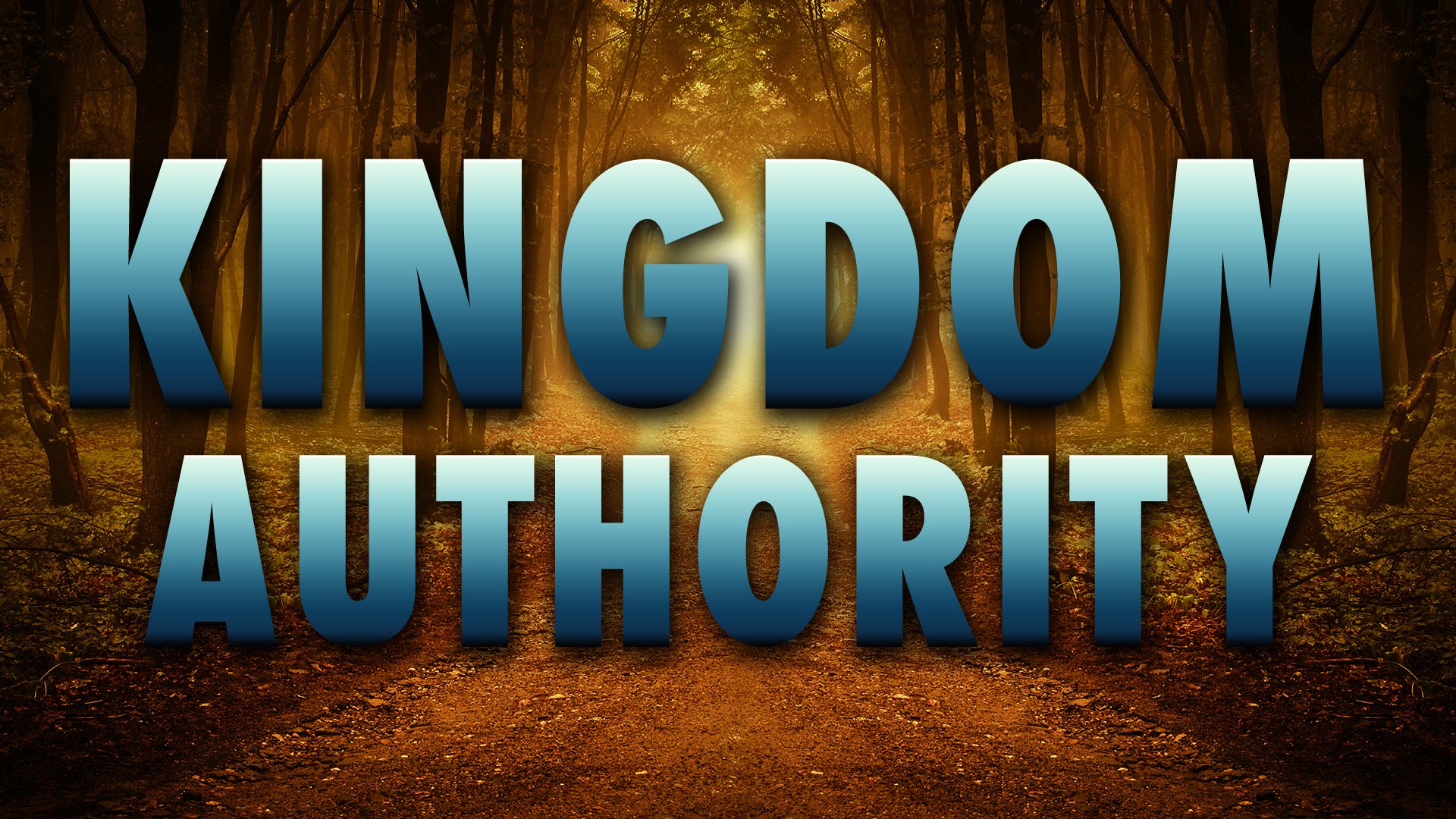A priest is someone who draws near to God—first, to minister worship to Him and then to represent Him to others.

Originally God’s intention was for all Israelites to fill this sacred role. After they left Egypt, He gave the promise (hinged to its condition):
“‘Now therefore, if you will faithfully obey My voice and keep My covenant, then you shall be My special possession out of all the nations, for all the earth is Mine. And you will be to Me a kingdom of priests and a holy nation'” (Ex. 19:5-6)
Unfortunately, in the very next chapter, when the visitation took place on Mount Sinai and God spoke the Ten Commandments, instead of drawing near, the Israelites drew back—pleading with Moses to access the Most High in their behalf. Later on, when he was in the mountain receiving further instructions for forty days, they coerced Aaron to make a false idol, a golden calf—brazenly breaking the commandments they had just heard. That fateful day, only the tribe of Levi stood with Moses—and the priesthood passed to them for centuries.

Then the Messiah came and offered himself as the supreme sacrifice for our sins. And that’s when everything changed for the better. Through the blood He shed, all believers can now have “confidence to enter the Most Holy Place” (Heb 10:19b). In other words, we can all function as priests. Therefore, let us all “draw near with a true heart …” (Heb. 12: 22a).
Thank God, in this era, the priesthood is no longer reserved for only a few who achieve a higher-than-normal degree of consecration. All sons and daughters of God have inherited this right to enter the presence of God, to commune with Him, to receive His revealed wisdom and then to share the Word of God with others. Filling this role is not just a futuristic hope. Rev. 1:6a states in the past tense, “He has made us kings and priests.”
Two of the most powerful priesthood verses in the New Testament are found in the writings of Peter: “You also, as living stones, are being built up a spiritual house as a holy priesthood to offer up spiritual sacrifices acceptable to God through Jesus Christ” (1 Pet. 2:5).

So children of God are commissioned in this era to present to the Creator not bloody animal sacrifices on a brass altar, but “spiritual sacrifices” on the altar of their regenerated hearts:
- Sacrifices of righteousness—Ps. 4:5
- Sacrifices of joy—Ps. 27:6
- Sacrifices of thanksgiving—Jon. 2:9
- Sacrifices of praise—Heb. 13:15
The second “priest” passage from Peter’s writings adds a new dimension altogether: “But you are a chosen race, a royal priesthood, a holy nation, a people for God’s own possession, so that you may declare the goodness of Him who has called you out of darkness into His marvelous light.” (1 Pet. 2:9).

Though the idea of a “priesthood” speaks of serving with meekness, the word “royal” implies ruling with authority. So New Covenant priests are empowered to reign over the flesh, over the devil and his demons and over all the negative aspects of living in this world. Then after it’s all over, we will actually reign on the earth in the age to come (see Rev. 20:6). Hallelujah!




